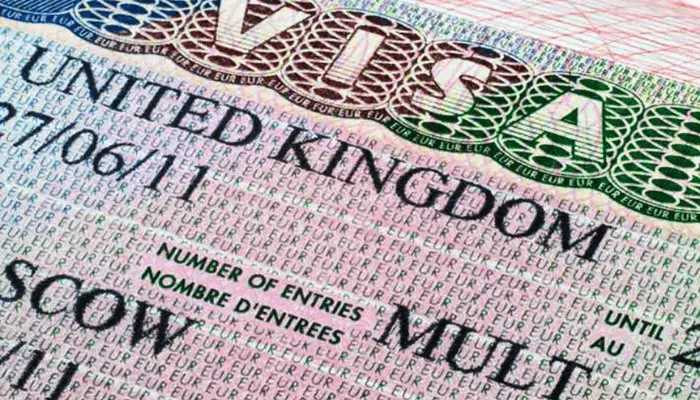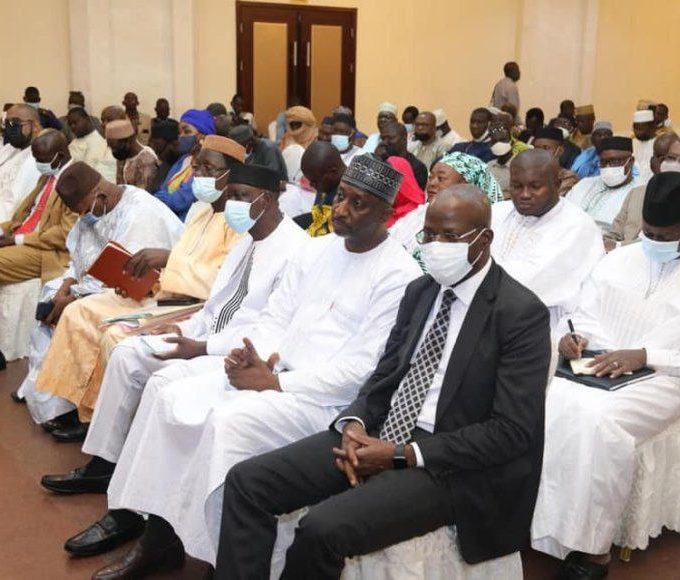
UK Earns Over ₦40 Billion from Nigerian Visa Applications in One Year Amid Rising Rejections

The United Kingdom has raked in over ₦40 billion from Nigerian visa applicants between June 2023 and June 2024, according to an analysis of visa fee data.
This large revenue came from at least 225,000 visa applications processed during the period, as revealed by Marc Owen, director of visa, status, and information services at UK Visas and Immigration.
Using the UK six-month standard visitor visa fee of $150 as a baseline, The Cable calculated the total earnings at over $34 million (approximately ₦40 billion, based on an average exchange rate of ₦1,200 to $1). These earnings are non-refundable, even for applicants whose visas are denied.
Data from the British government show a sharp increase in visa rejection rates for Nigerians. In Q4 2023, around one in eight Nigerian visa applications was declined—up from one in 31 in Q4 2022. This surge aligns with tighter immigration policies implemented by the UK.
While Nigeria was not the only country facing stricter visa scrutiny, it ranked high among nations with increased rejection rates. India had the highest number of declined applications, followed by Nigeria, Vietnam, Indonesia, and Saudi Arabia.
Moreover, study visa issuances to Nigerians saw a 63 per cent decline in late 2023 compared to the same period in 2022, further reflecting the impact of restrictive policies.
Breaking: Okonjo-Iweala Reappointed WTO Chief for Second Term
For Nigerian students, the financial burden of UK visas remains significant. A three-year undergraduate course in the UK requires an upfront payment of £2,362 in visa-related fees.
This includes a £490 visa application fee and a £1,872 Immigration Health Surcharge (IHS) covering access to the UK’s National Health Service (NHS). Both fees are mandatory and non-refundable, even if the application is unsuccessful.
This analysis comes on the heels of the recent opening of UK’s largest Visa Application Centre (VAC) in Africa, located in Lagos, Nigeria, amid the UK government’s ongoing plans to reduce net migration and recent announcements of new measures to address immigration levels.
About The Author
Related Articles
Burkina Faso: President Traoré Grants Sentence Reductions to 963 Prisoners
Burkina Faso’s President, Captain Ibrahim Traoré, has approved sentence reductions for 963...
ByIkenna ChurchillJanuary 15, 2026Mali: Goïta Announces National Consultations on Political Party Reform in 2026
Mali’s transitional president, General Assimi Goïta, has announced plans to launch national...
ByWest Africa WeeklyJanuary 15, 2026Mali: Fresh Terrorist Attack Hits Industrial Sites in Bafoulabé
A new armed attack struck the Bafoulabé district in Mali’s Kayes region...
ByWest Africa WeeklyJanuary 15, 2026Niger Revokes Licences of Drivers Who Refused to Deliver Fuel to Mali Amid Jihadist Attacks
Niger has revoked the licences of dozens of transport operators and drivers...
ByWest Africa WeeklyJanuary 15, 2026












Leave a comment